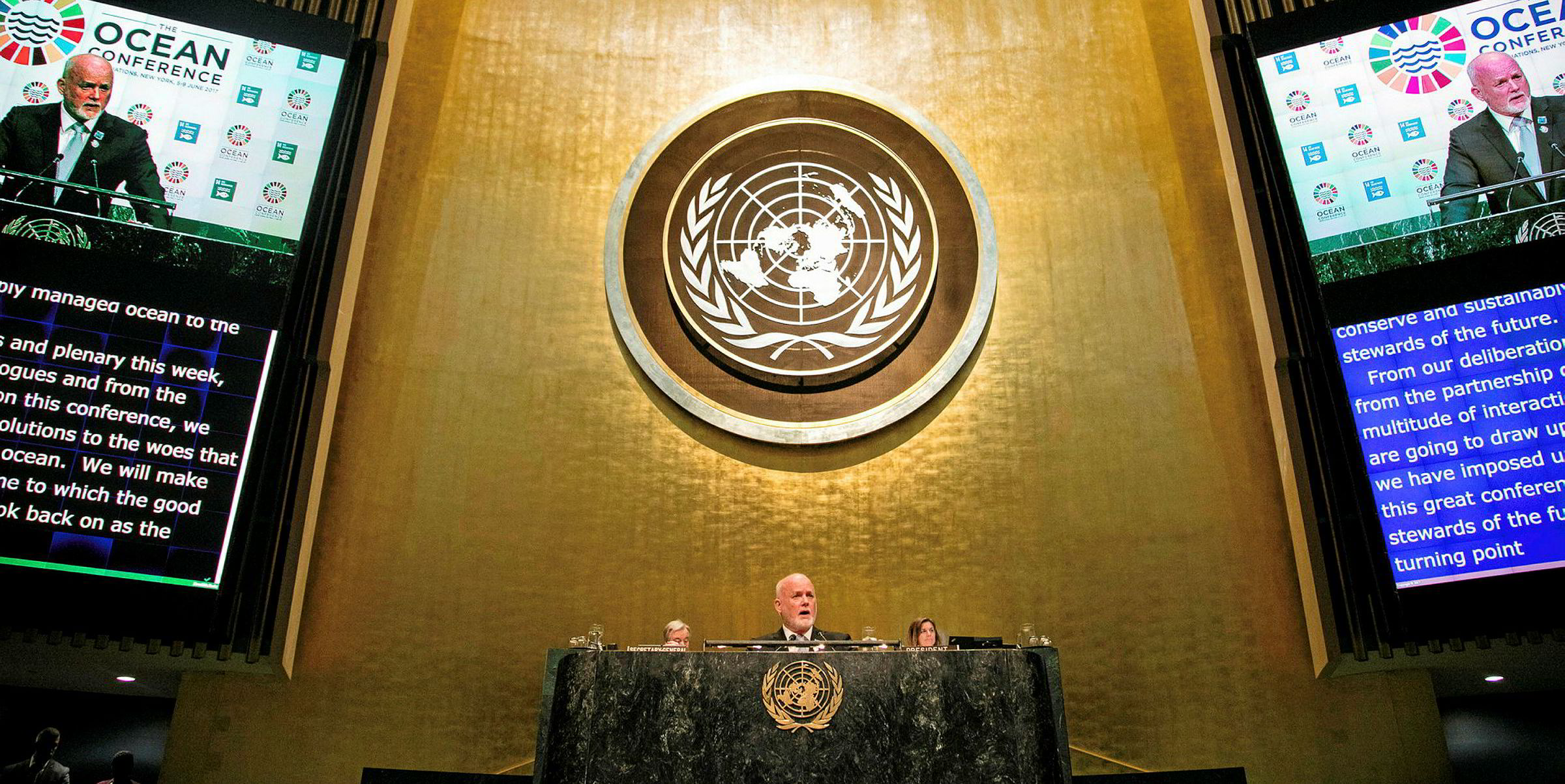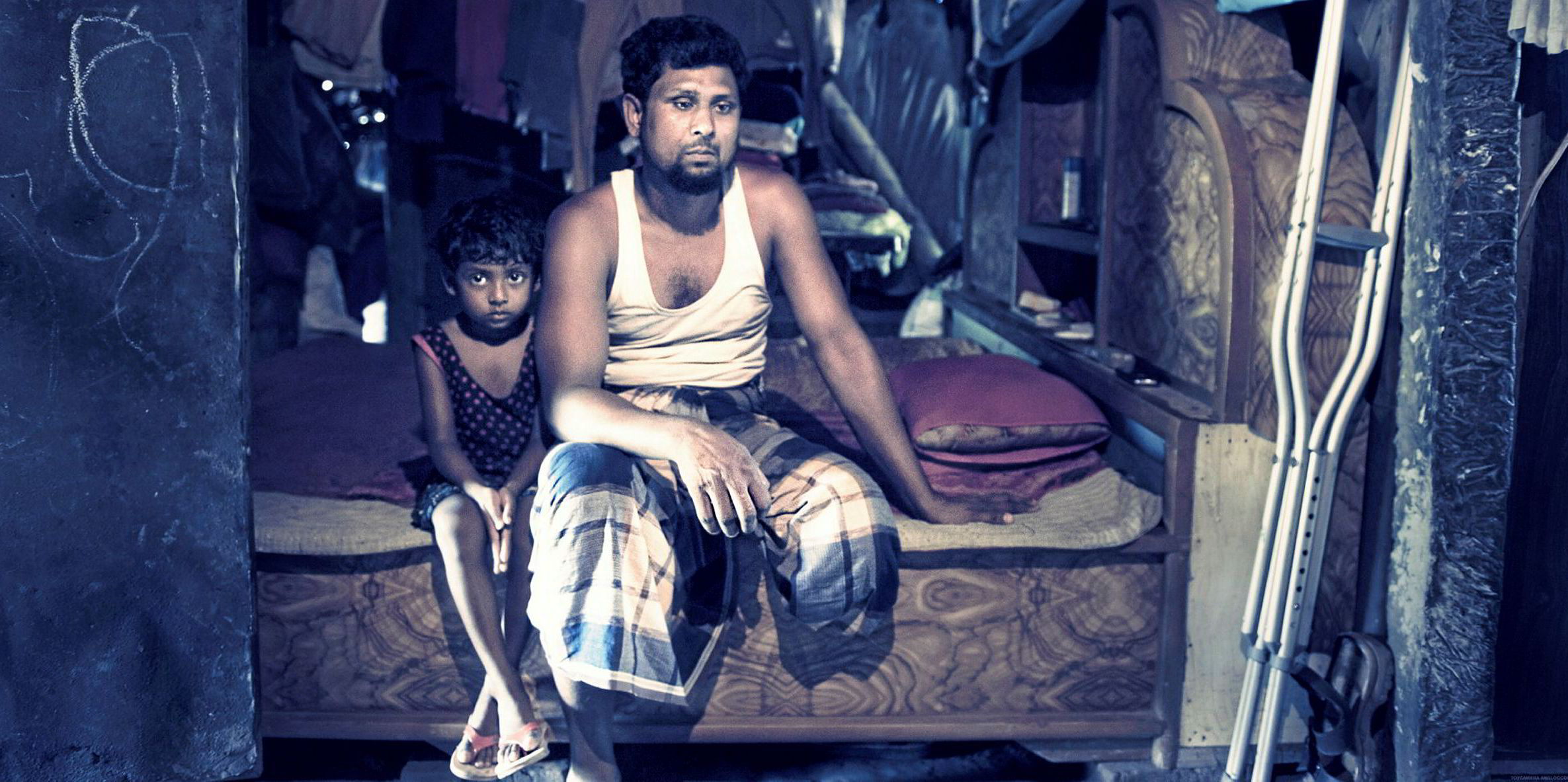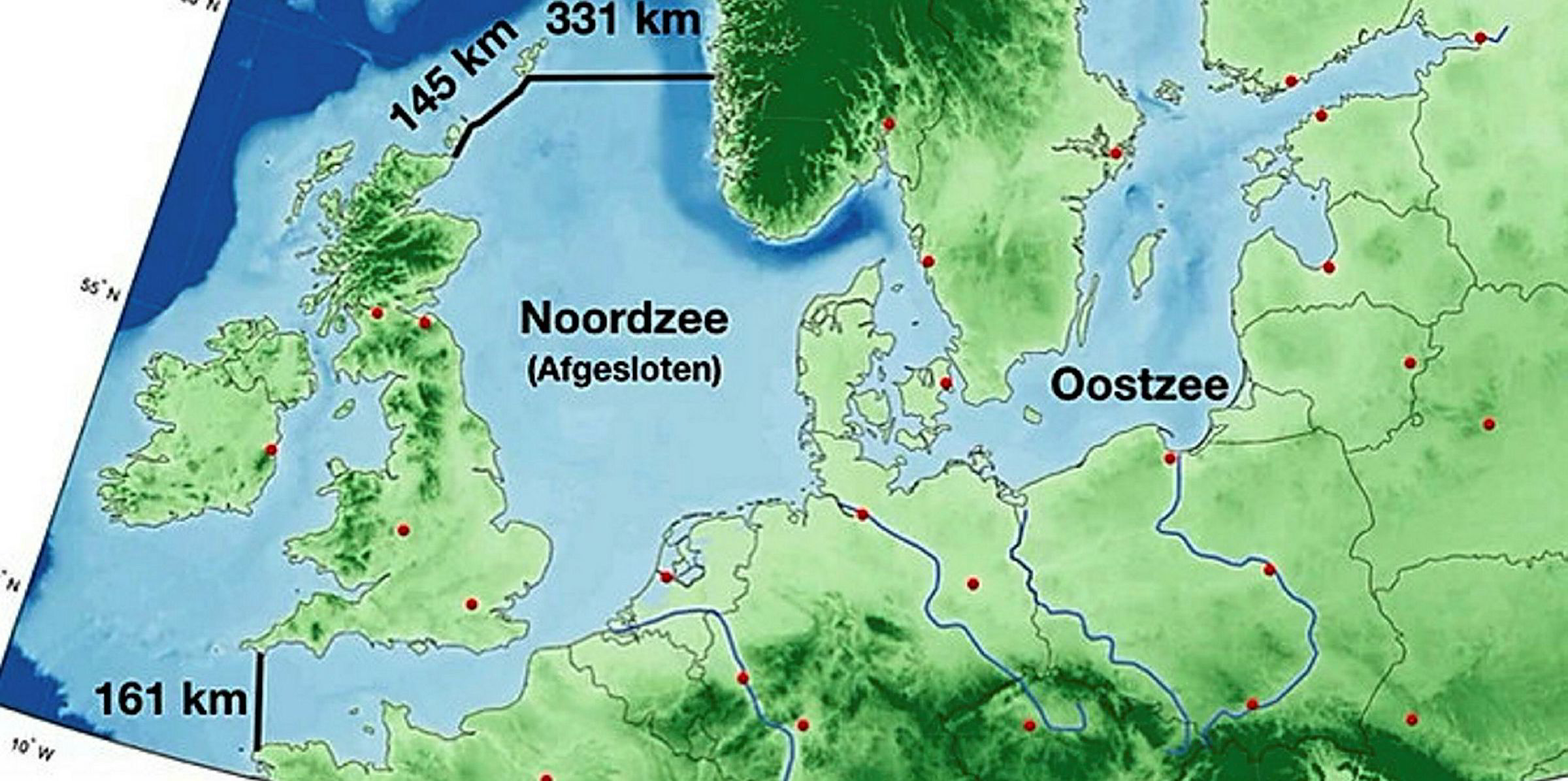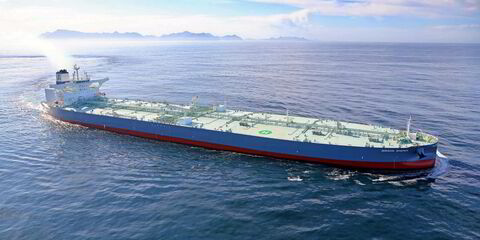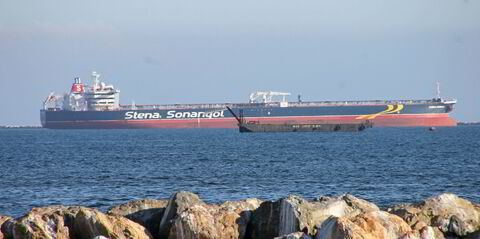A UK charity has produced a damning verdict on the shipping industry's record on the welfare of seafarers and passengers.
Human Rights At Sea said it had carried out seven years of reviews and monitoring following the UN's 2011 publication of its guiding principle on business and human rights.
It found the sector is not rigorously applying these guidelines.
The advocacy group's stark assessment notes a "general lack of action and continued collective malaise" towards the issue.
"The report acknowledges individual company efforts to embed the guiding principles and ensure betterment and protection of individual’s fundamental rights while working at sea, but the few good examples do not yet represent a majority response," the human rights group said.
The organisation feels the issue is not a collective priority and is one which is rarely championed to any depth or degree by industry bodies.
'Little concerted effort'
"Over the last seven years there has been little concerted and collaborative effort by the shipping industry to embed the concept, develop unified policies, drive effective remedy and demonstrate public accountability in the field of business and human rights," said the charity's chief executive, David Hammond.
"This has been exacerbated by too much corporate social responsibility talk in the margins followed by too little action, in particular from leading membership bodies."
He said the situation has left individual operators that want to make change to do so without "over-arching policy direction, guidance and senior industry support".
Problem of jurisdiction
One case featured in the report concerns jurisdictional problems.
An Italian national accused of rape on the 139,000-gt cruiseship MSC Divina (built 2012) could not be tried in Spain because the alleged crime had taken place on a Panamanian-flagged vessel in international waters. The alleged crime involved a British victim, who was left without remedy or justice, Human Rights At Sea said.
MSC told the charity last year that it takes such incidents very seriously and is supporting the victim.
The cruiseship owner immediately reported the incident to Spanish police, allowing the accused to be taken into custody.
It also informed UK and Italian authorities and the flag state.
Panama has appointed a public attorney in the case.
High risk of abuse
The report said the maritime environment poses a very high risk for abuses of human rights at sea, while ignorance of the subject matter compounds the willingness to effectively address transgressions in law and policy.
Human Rights at Sea highlighted the complex web of national and international laws and regulations that hinder drives for better legislation and effective enforcement, especially by those flag states with poor access to constabulary and judicial support, and who have "come to rely upon lucrative commercial income from ship registrations.
"States must recognise that much more needs to be done at a regulatory and enforcement level to protect human rights at sea," the group said.
"For commercial maritime companies to be able to fully respect human rights, states must make sure, at the very minimum, national legal frameworks and supporting legislation is available, or developed where necessary and most importantly, robustly enforced in order to support the widest application of human rights at sea through the resultant deterrent effect.”
